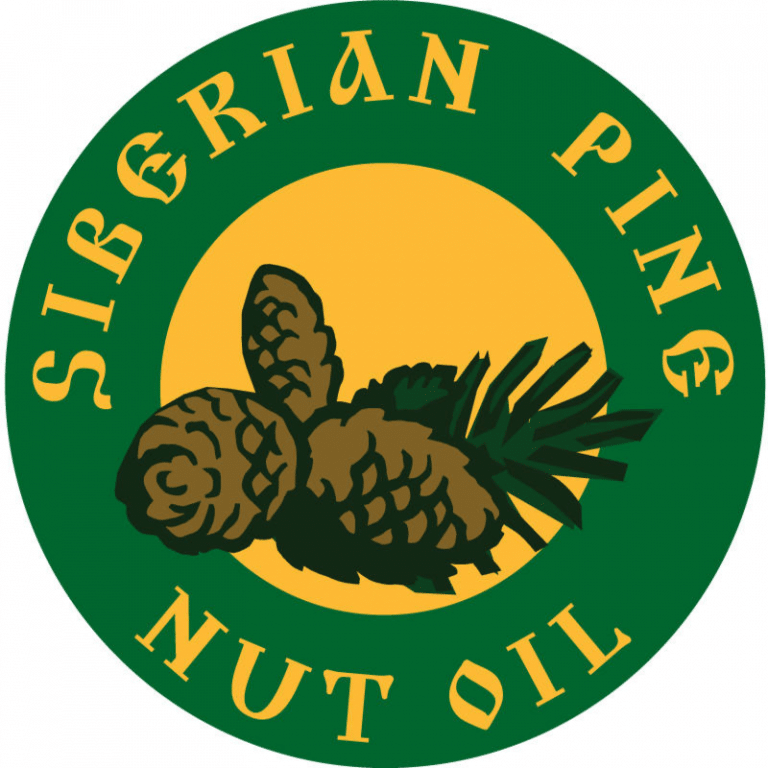What are the benefits of glutamic acid in the composition of pine nut oil?

Pine nut oil is rich in various amino acids. One of them is glutamic acid. It does not belong to the category of irreplaceable and is synthesized in the human body. However, with minor metabolic disorders, its amount in the body may decrease. The lack of glutamic acid causes a weakening of the immune system (and, as a result, an increase in seasonal diseases), a deterioration in mood, and apathy. The lack of this amino acid also leads to diseases of the central and autonomic nervous system, early aging, and disorders of the gastrointestinal tract.
A large amount of glutamic acid contained in pine nut oil supports the normal functioning of the central nervous system, has a hepatoprotective effect, and promotes detoxification of the body.
Glutamic acid is essential for the nervous system
Glutamic acid regulates metabolic processes in the central nervous system. This amino acid plays the role of a neurotransmitter with high metabolic activity and stimulates redox processes in the brain. Due to this role, it normalizes metabolism, changing the functional state of the nervous and endocrine systems.
Entering the body with food supplements, glutamic acid has a nootropic effect. Nootropics are substances that can stimulate mental activity, activate cognitive functions, improve memory, and increase learning ability.
They increase the resistance of the brain to a variety of harmful effects, such as excessive loads or hypoxia. The benefits of glutamic acid for the nervous system are so great that its use is prescribed in the treatment of epilepsy, reactive conditions with symptoms of depression, exhaustion, and cerebral palsy.[1]
Hepatoprotective action and body detoxification
Being a valuable nutritional supplement, glutamic acid normalizes and stimulates the activity of the gastrointestinal tract and liver. In the liver, glutamic acid is responsible for two functions:
- Firstly, it has a detoxifying effect due to the fact that it binds and neutralizes the most toxic metabolic product of nitrogen-containing substances (primarily proteins) — ammonia. [2] Glutamic acid is most effective in this process together with arginine, an amino acid that is also found in pine nut oil.
- Secondly, glutamic acid provides the necessary energy to hepatocytes, the main cells of the liver (they make up from 60% to 80% of the mass of this organ). Since the liver is the main «cleansing» organ, maintaining its work helps the human body fight any pathogens and harmful substances.
The listed properties are far from a complete list of the beneficial qualities of glutamic acid. It is also involved in the synthesis of other amino acids, prevents the reduction of redox potential, strengthens the immune system, and normalizes the content of glycolysis in the blood and tissues. In addition, a number of experiments have proven that glutamic acid is good for hair: it prevents early graying and promotes hair growth. [3]
All the nutrients contained in pine nut oil support human health and protect against hundreds of diseases. Glutamic acid is one of the trace elements that provide the healing effect of pine nut oil.
REFERENCES
[1] Gurova NY, Babina LM. Use of magnetophoresis of glutamic acid and magnesium sulfate in the rehabilitation of children with cerebral palsy.
[2] Bak LK, Schousboe A, Waagepetersen HS. The glutamate/GABA-glutamine cycle: aspects of transport, neurotransmitter homeostasis and ammonia transfer.
[3] Jara CP, de Andrade Berti B, Mendes NF, et al. Glutamic acid promotes hair growth in mice.
These articles come directly from researchers and are passed on to everybody. siberianpinenutoil.org assumes no liability for any content in these articles. For Educational purposes only. This information has not been evaluated by the Food and Drug Administration. This information is not intended to diagnose, treat, cure, or prevent any disease.

